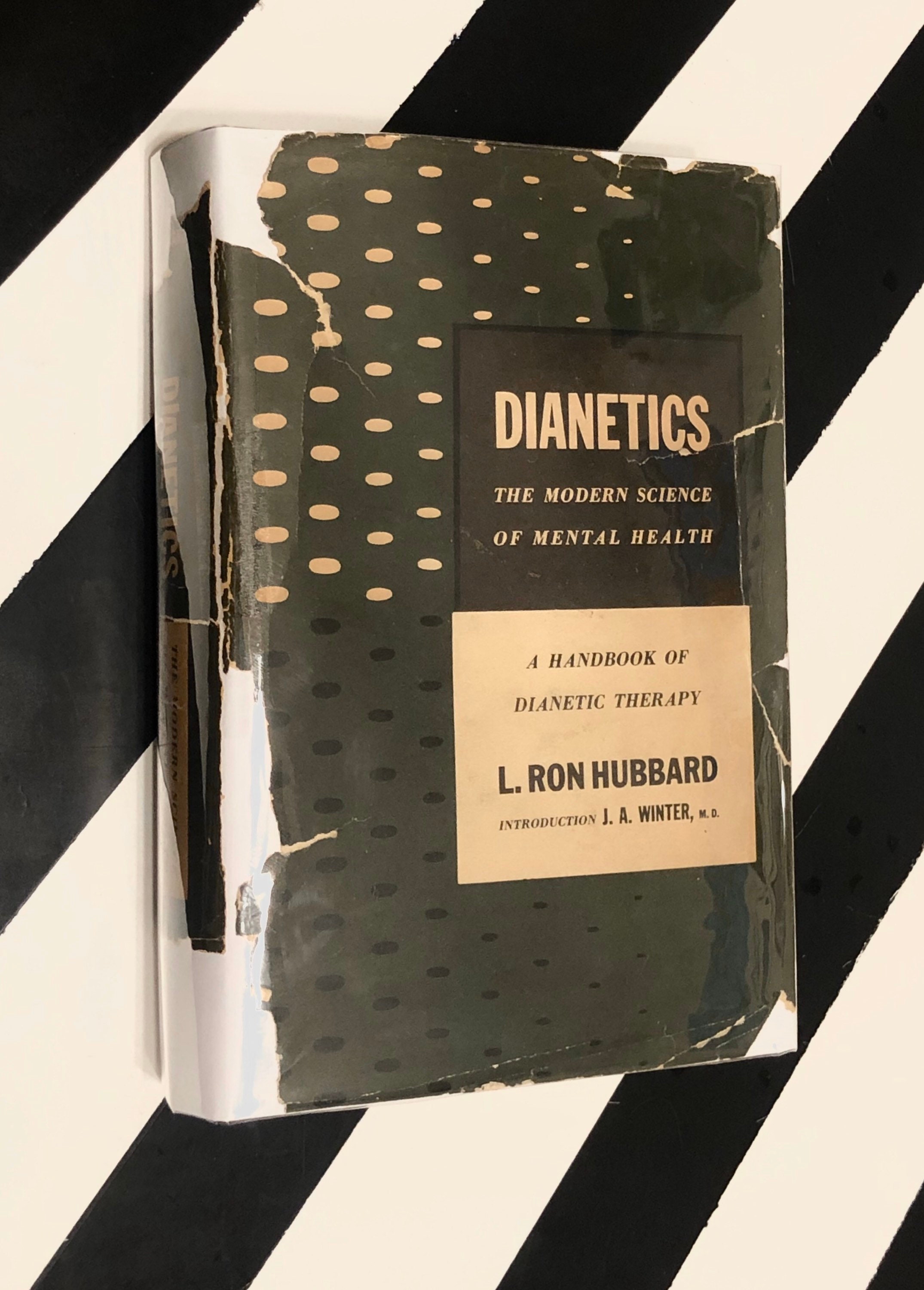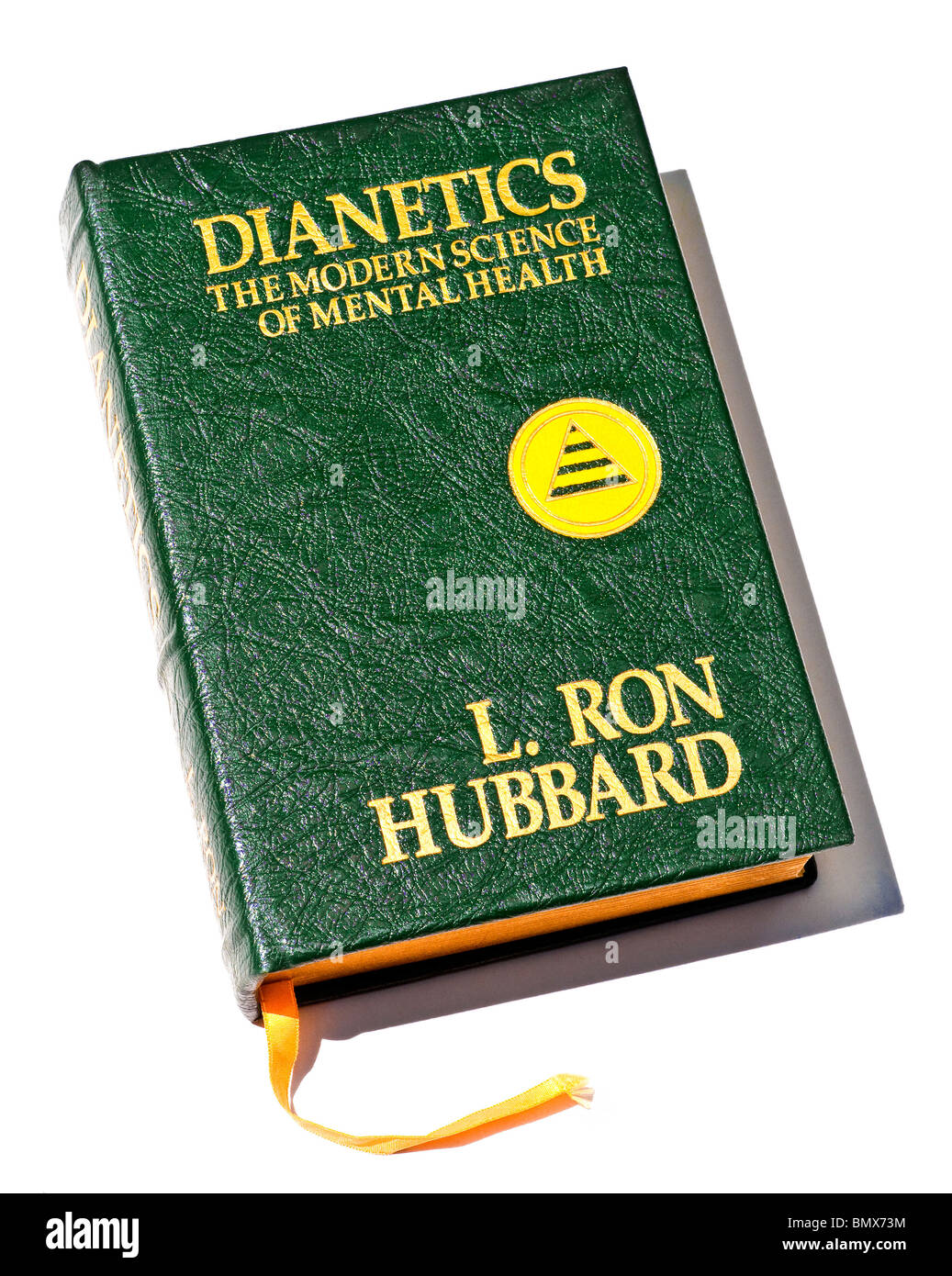Some Ideas on Dianetics You Need To Know
The 6-Minute Rule for Dianetics
Table of ContentsAll about DianeticsThe Main Principles Of Dianetics About DianeticsDianetics Fundamentals Explained
I could not ever not intend to get anything that comes to mind for you- if it was otherwise, I would not be sitting below with you, doing this. I not only can never have a problem, or otherwise intend to hear something that comes to mind for you, yet I'm totally anxious to understand every idea, every idea, every picture or sensation that emerges or shows up for you- don't ever before think or else, and if for some factor you do, please just allow me know! Occasionally, you might have an idea, and image, concept or case appear that does not seem to address the concern, or connect to it, yet nevertheless, constantly do tell me regarding it, and as we proceed, the relevance will emerge for you.This is intrinsic in the basis of handling, and the topic of this conversation: the fundamental roles of the therapist and the client: The standard role of the therapist is, as opposed to "typical training", not to control, which suggests to implement and/or hinder, but to instead function from the basis of EMPOWERING THE CLIENT.

6 Simple Techniques For Dianetics
John Mcmasters revealed this standard fact incredibly well in among his lectures on Power processing, wherein he describes just how he was asked what this "special propensity" was that he had for providing such great sessions; he had to consider that for a minute, and found that it was what he had not been doing, as well as what he was doing: he wasn't examining, evaluating, computer, or as a matter of fact, producing any type of thoughts, let alone verbal expressions, after offering the command and while awaiting the computer to finish their response to their contentment; he was, simply and only, being present with the PC, and totally interested.
The function of the counselor, showed; that was his "special knack". I have actually had my own experience which instructed me this well, really early in the video game. In 1982, having recently finished my training and teaching fellowship on New Age Dianetics, I was running this on a see it here PC, and there was a factor in the session where (being a little bit wet behind the ears not yet having lots of hours under my belt as a specialist auditor) the computer appeared to be "taking as well long" to share anything vocally after I gave him a command.
This key transformed out to be one of the most valuable payment that John ever made to the topic of treatment or bookkeeping (Dianetics). In my simple opinion, it is the best payment that anybody has actually ever made to these subjectsthe application is completely non-judgemental, non-evaluative, and devoid of any type of recommendation, advice or opinion.no preconceived agenda for individuals, or 'levels' that they have to do
In Idenics, the only resource of information concerning a customer is the individual customer. In Scientology we prided ourselves on not assessing for individuals. All that really suggested was that the auditor did not Vocally evaluate for the PC in session. The registrars and ethics police officers examined for the PC.
The Ultimate Guide To Dianetics

Any individual that had ever before seen John audit could not assist yet notice an unique top quality in his auditing."The client's fundamental duty is to be there with the function of relocating the direction of their spiritual goals, and to easily and totally express and experience whatever shows up for them in answering the concerns and carrying out the directions in the processing.
This is something to process as needed. Additionally, people frequently have previous experience and/or indoctrination in auditing/processing which, in some ways, and to some degrees, in fact misdirects them right into perspectives, concepts and actions patterns that stop the full realization of these roles, and so they will tend to inhibit the expressing of what comes to mind, as in the examples offered over - Dianetics. * The very first, and maybe primary examples of mis-indoctrination resulting in much less than entirely smooth and effective sessions, can be located in particular aspects of the training regimens, or "TR's":"TR's" are frequently a person's first, or a minimum of early, experience in Scientology, and while I will take place to clarify what I view as the imperfections in principle and technique, nonetheless, have a tendency to be substantially therapeutic, done as they are given (Hubbard urges that "TR's are not refining, they are training", yet factually, they are both handling AND training)
There is no "flunking", and no denial of the truth of this being processing. The focus, as it needs to be, is on experiencing the other person's existence.
The Basic Principles Of Dianetics
